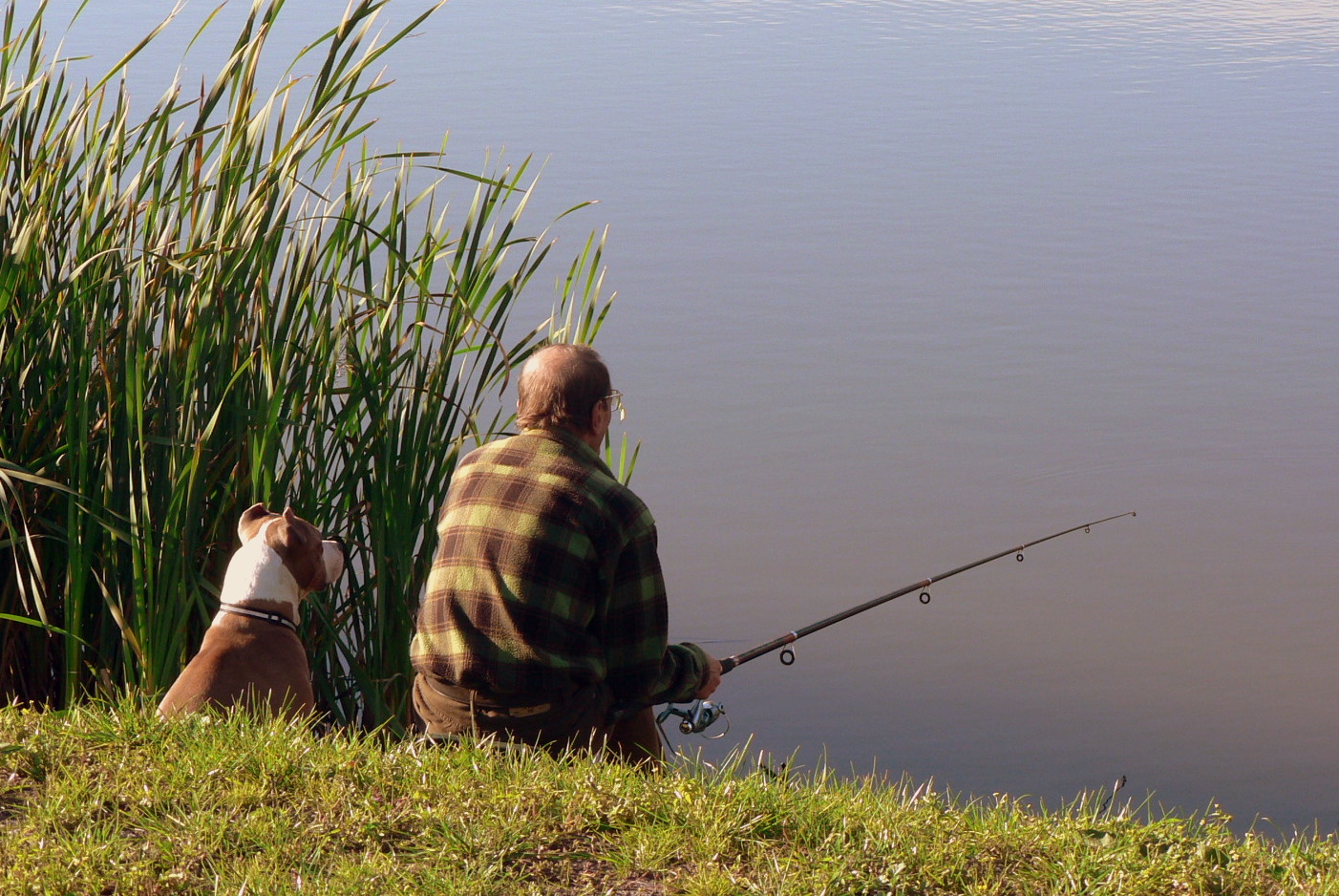Fishing has played a significant role in the cultural and economic development of the United Kingdom. From ancient subsistence practices to a thriving commercial industry and recreational pastime, the history of fishing in the UK is a rich tapestry reflecting the country’s relationship with its abundant waterways and surrounding seas.
Ancient Beginnings
Fishing in the UK dates back to prehistoric times, evidenced by archaeological finds of fish bones and primitive fishing tools. Early inhabitants relied on rivers, lakes, and coastal waters to supplement their diets. Fishing methods were rudimentary, involving spears, traps, and basic nets fashioned from natural materials.
During the Roman occupation of Britain (43-410 AD), fishing techniques became more sophisticated. The Romans introduced fish farming and built fish ponds, significantly influencing local practices. Fish such as trout and salmon were highly prized, and fishing became an organized activity with trade networks extending across the Roman Empire.
Medieval and Tudor Eras
In the medieval period (5th to 15th century), fishing gained importance as a source of food and trade. Coastal communities thrived on the abundance of herring, cod, and other fish. Monastic communities also played a crucial role in the development of fishing, managing extensive fish ponds and promoting fish consumption, especially during religious fasting periods.
The Tudors (1485-1603) saw the expansion of commercial fishing. Advances in boat-building and navigation allowed fishermen to venture further into the North Sea and Atlantic Ocean. The fishing industry became a significant contributor to the economy, with herring and cod being the primary catches. Fish markets flourished in coastal towns, and London emerged as a major hub for the trade.
The Industrial Revolution
The Industrial Revolution (late 18th to early 19th century) brought dramatic changes to the fishing industry. Steam-powered vessels replaced sailboats, increasing the efficiency and range of fishing expeditions. The development of railways facilitated the rapid transport of fresh fish to urban centers, boosting the market demand.
Fishing ports such as Grimsby, Hull, and Aberdeen grew into bustling hubs of activity. The introduction of trawling – dragging large nets across the sea floor – revolutionized the industry, allowing for the mass capture of fish. However, these practices also led to overfishing and environmental concerns, issues that persist to this day.
20th Century to Modern Day
The 20th century witnessed further advancements and challenges in the UK fishing industry. World Wars I and II disrupted fishing activities, but post-war periods saw technological innovations such as sonar and radar enhancing fish detection and navigation. The establishment of exclusive economic zones (EEZs) in the late 20th century aimed to protect domestic fishing interests and manage marine resources more sustainably.
Despite these efforts, overfishing and environmental degradation remained significant issues. The UK joined the European Economic Community (EEC) in 1973, which later became the European Union (EU). The Common Fisheries Policy (CFP) was implemented to regulate fishing practices, allocate quotas, and ensure sustainable use of marine resources.
Recreational Fishing
While commercial fishing dominated for centuries, recreational fishing emerged as a popular pastime in the 19th and 20th centuries. The publication of Izaak Walton’s “The Compleat Angler” in 1653 is often credited with popularizing angling. The book’s celebration of the sport’s tranquility and connection with nature resonated with many, laying the foundation for modern recreational fishing.
Clubs and associations dedicated to angling flourished, and the development of specialized gear and techniques further enhanced the sport. Today, recreational fishing is a cherished activity enjoyed by millions across the UK, contributing to local economies and conservation efforts.
Environmental and Conservation Efforts
In recent decades, the UK has taken significant steps toward sustainable fishing practices and marine conservation. Initiatives such as Marine Conservation Zones (MCZs) and the Marine Stewardship Council (MSC) certification promote the protection of marine habitats and responsible fishing.
Brexit and the UK’s departure from the EU in 2020 brought new challenges and opportunities for the fishing industry. The UK regained control over its fishing waters, leading to the negotiation of new agreements and regulations to balance economic interests and environmental sustainability.
Conclusion
The history of fishing in the UK is a testament to the country’s enduring relationship with its aquatic resources. From ancient subsistence fishing to a complex modern industry, fishing has shaped the cultural, economic, and environmental landscape of the UK. As the country navigates contemporary challenges, the legacy of fishing continues to evolve, reflecting a deep-seated connection to the sea and its bounty.

